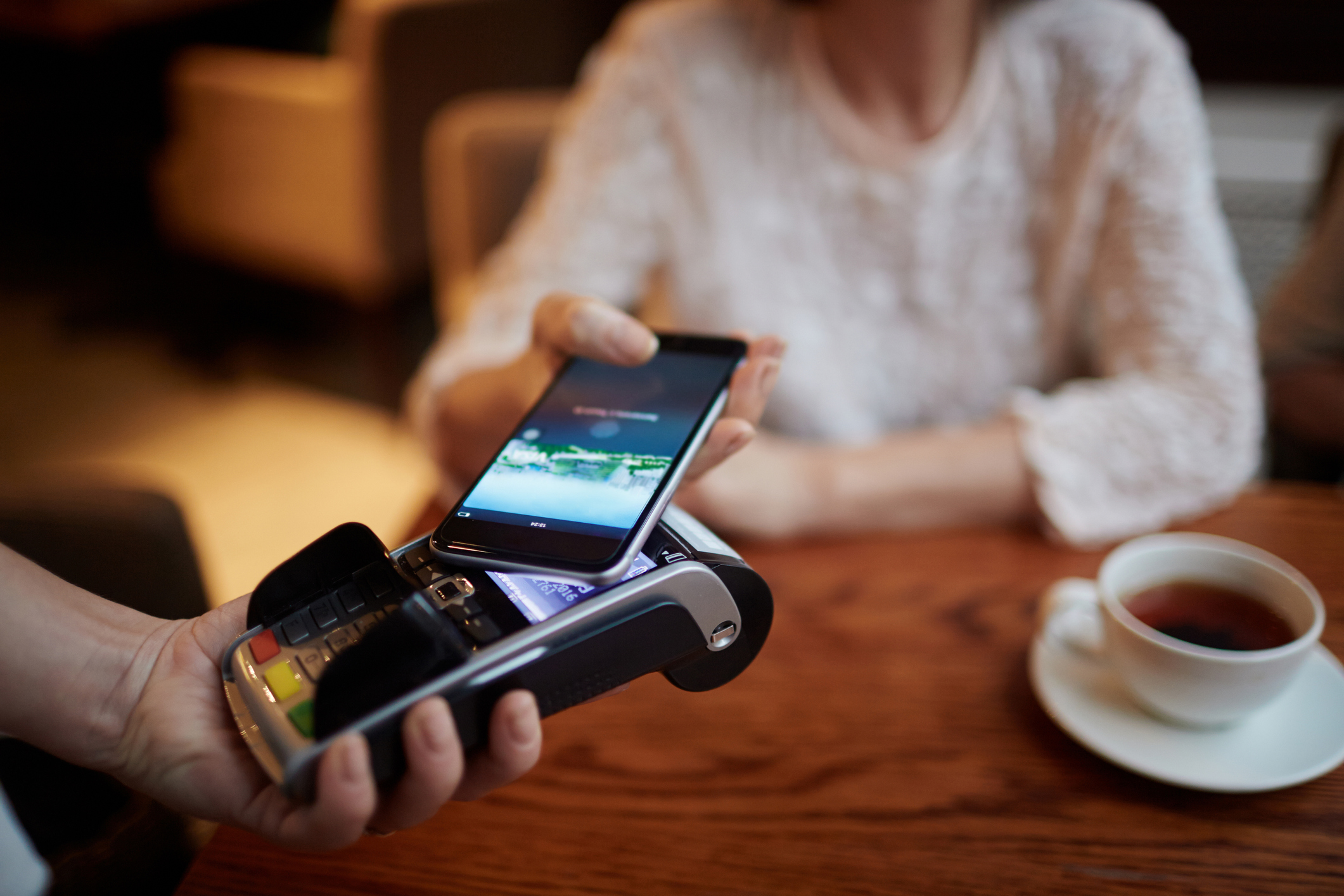The 3 signs you've reached 'financial freedom'
It's where we all wanna be, right?


Celebrity news, beauty, fashion advice, and fascinating features, delivered straight to your inbox!
You are now subscribed
Your newsletter sign-up was successful
It's where we all wanna be, right?
Money can't buy you happiness. But it can buy you things that help to contribute towards a happy life, such as a safe place to live, a thriving social life, and travels or cultural experiences that will turn into long-held memories. So while your bank balance shouldn't be the be-all-and-end-all, it's no surprise that one goal shared by many is to achieve financial security.
But how do you know when you've really 'made it' money-wise? What's the measure? Is it buying that dress you really want, but in no way need? Is it being able to help out a friend or family member who might be struggling, without thinking twice? This kind of financial freedom is an aspiration for lots of us, and now Barclays has worked out the key tests to determine whether or not you're 'financially free'.

After quizzing 2,000 adults, Barclays' researchers drew up a shortlist of the top signs that indicate financial freedom. Interestingly, they differed between age group, with millennials (25-34 year olds) deeming the following three factors to be most important. How many apply to you?
1. Having disposable income at the end of the month
2. Paying off all bills in full each month
3. Being able to treat yourself without worrying about your balance
Where Gen-Z (18-24 year olds) is concerned, there are some other signs that determine financial freedom. Their tests for establishing whether or not you're secure with money are:
1. Not being afraid to check your bank balance
2. Saving more money each month
And Gen X, the 45-54 year olds included in the research? They have different priorities entirely. Their factors that define financial freedom are as follows:
1. Stopping full time work
2. Being on track for early retirement
Being financially free doesn't necessarily mean earning six figures, or owning a house. This shows that it's all relative to the individual, and that it means different things to different people.
Celebrity news, beauty, fashion advice, and fascinating features, delivered straight to your inbox!

If you're still be a long way off where you'd like to be where finances are concerned, these nuggets of advice by Barclays' financial experts might be just the helping hand you need:
How to stop counting down until payday
It's all about thinking about what you'll gain from building up your savings, rather than what you'll be giving up, says Rob Smith, Head of Behavioural. "Spending less feels like cutting back and losing out on things," notes Rob, so it's no wonder we find it difficult to reduce our spending. "But often, we pay for things we don’t truly need or value because it’s a recurring payment or it has become habitual."
The expert suggests "starting with a blank piece of paper, write down all things you think you really want to spend money on, then review this against what you currently ‘do’ spend money on over the month. This should give you some idea of areas where perhaps you can reduce spending as you wouldn’t pay for it today. Write down the amounts you are committing to saving for the future and work out what that value will be over time (say each year), it will feel more rewarding seeing the savings add up to bigger numbers," he adds. And if you're struggling to make tougher choices about what's 'need' and what's 'want'? "Review spending with a friend or family member. A watching eye can often help us make tougher choices we feel are the right ones."
How to clear debt
As long as you've got a clear and realistic plan, Clare Francis, Director of Savings and Investments, says shifting debt is totally doable. "Before you start paying off your debt, take a step back and figure out how much you owe overall, when you would ideally like to have this paid off by and how much you can afford to pay back each month," says Clare.
"It is important to be realistic about this last point as being able to stick to it each month means you will have a clear end point in sight, even if it is some way away." You'll get a "psychological boost" from feeling like you're on top of your finances, adds Clare, and sticking to it will only encourage you further.
How to build more savings
Slow and steady wins the race, is the advice from money management specialist Zainab Kwaw-Swanzy. "Setting aside small amounts now and slowly increasing the amount will help kick-start your journey," Zainab advises. "It may seem boring, but a savings challenge like the 52 week one can help build your fund. With this challenge you can simply put £1 in on week one then increase it by £1 each week, by the final week you’ll be saving £52 which will leave you with an impressive £1,378 by the end of the year."
Cat is a Senior Editor at Marie Claire, covering news and features across the brand's key purpose pillars, including women's issues, politics, career, mental health, female empowerment and equality, as well as books.
